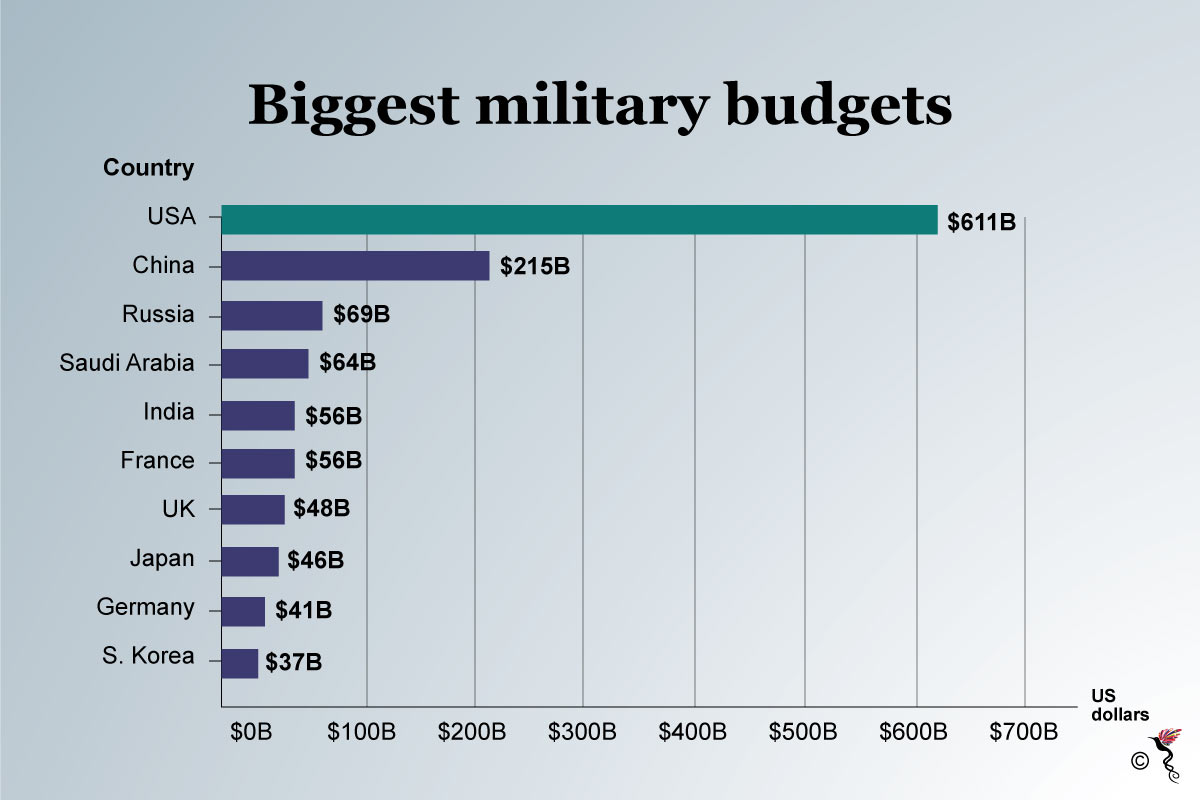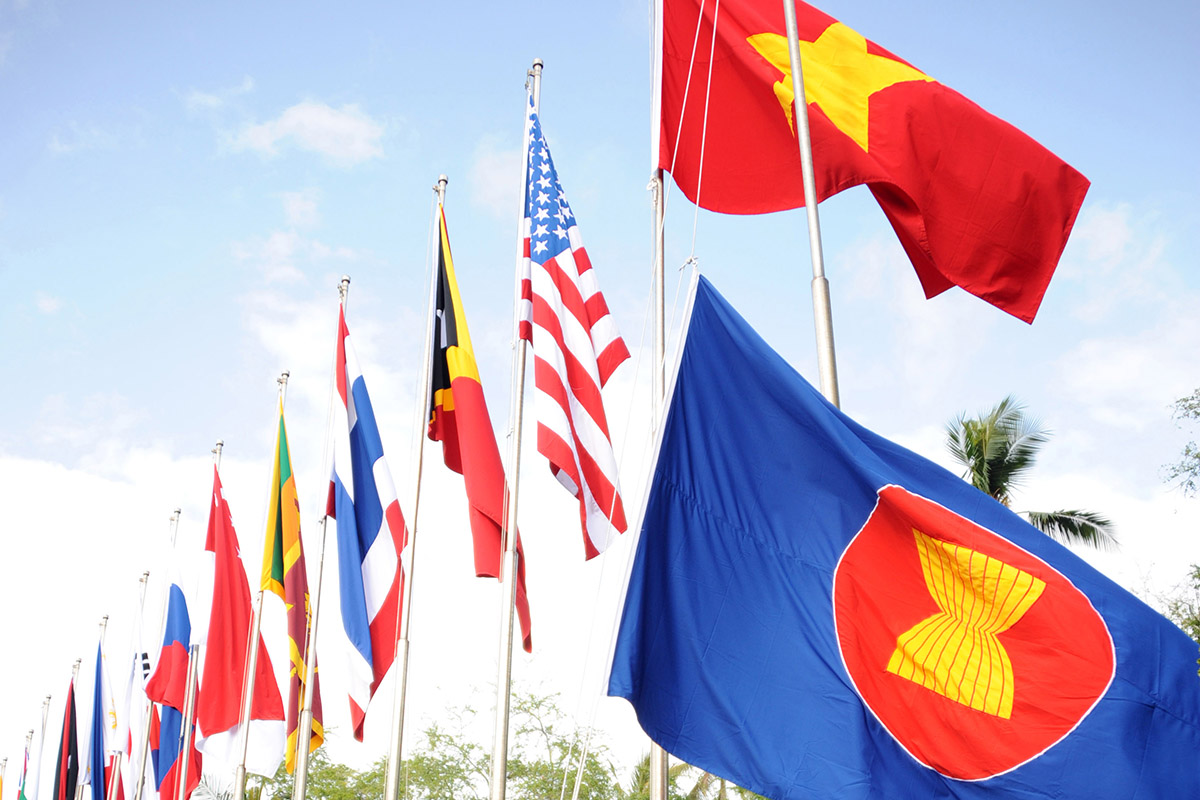The balance of power in East Asia relies heavily on the power competition between the United States and China.
Speaking at a lecture on the future of ASEAN at the ISEAS – Yusuf Ishak Institute in Singapore, Singaporean Foreign Minister, Vivien Balakrishnan hailed the US-China relationship as “the most important, most delicate and most sensitive bilateral relationship in the world right now” adding that "how well that relationship unfolds has got tremendous impact on the rest of us, even though we have no say."
The nature of the relationship however, has evolved from the great power struggles of the Cold War era. According to Professor of Politics and International Affairs in the Woodrow Wilson School of Public and International Affairs at Princeton University, Gilford John Ikenberry, China – unlike the Soviet Union – doesn’t look to upend the current liberal international order. Instead, Beijing looks to using the vines of the current order and supplant American leadership of the order. The most obvious example of this is in the economic policies of both nations – the US being more protectionist under President Donald Trump and China’s more liberal stance under President Xi Jinping’s “Chinese dream” doctrine.
Despite this apparent shift in the global order, the argument that American influence is waning is still invalid. The US, still has a strong presence in the region with many countries in the region still reliant on the postwar US security guarantee.

Comparison of US military budget with other top military powers in the world.
This creates a “dual hierarchy” where these states rely on US and China for security and economic reasons respectively. As this situation plays out, both powers will look to compete for the loyalties of such states, despite Trump’s apparent fondness of Xi.
“Trump has repeatedly told that Xi is a “great guy” and how much he respects him but Xi has not reciprocated these positive remarks to the same extent. Moreover, Trump will only ‘respect’ Xi as long as he follows US leadership and interests – something that is very unlikely with Xi’s surge of power and much more assertive policies,” said Niklas Swanström, Director of the Swedish based Institute for Security and Development Policy in an email reply to The ASEAN Post.
At this juncture, the Association of Southeast Asian Nations (ASEAN) is a perfect reply to geopolitical jostling if one believes in strength in numbers. The 50-year-old organisation has been nimble to balance between its member’s priorities to both powers and stay relevant, evidenced by the importance that the US and China accords to the organisation.
But given recent developments, it seems that individual ASEAN member states increasingly find themselves having to pick a side. One such crucial development, is the so called quadrilateral grouping or “Quad” which is purportedly designed to stifle Chinese hegemonic ambitions.
Senior Fellow for Southeast Asia at the US based Council on Foreign Relations (CFR), Joshua Kurtlantzick, opined that the Quad, as a form of broader containment strategy isn’t something that ASEAN handles as an association. However, he pointed out that “some individual ASEAN nations that are relatively interested in partnering with the Quad countries will join it, like Singapore.”
According to Resident Senior Fellow at the Institute of China American Studies, Sourabh Gupta, the Quad may not be a pushback to Beijing for the time being, but as Beijing improves its naval capabilities, it would be a countervailing balancing force.
In dealing with the Quad, ASEAN would have to ensure that its centrality as a regional entity is protected.
“If ASEAN is no longer central, it will also no longer remain internally united. And a divided ASEAN is worse than one in which there are loose disagreements, because both China and the “Quad” powers will end up dividing ASEAN into its component parts even further,” Gupta warned.
The courtships of great powers over ASEAN is not something that the association should be enamoured by. While the gifts of investments and aid brought by its suitors are extremely alluring to advancing national development agendas, regional interests shouldn’t be forsaken in the progress.
When ending his lecture, Singaporean Foreign Minister, Vivien Balakrishnan reminded the audience that ASEAN will have to continue to adapt as it is continuously subjected to external forces.
“It’s a reminder that there will always be a premium on maintaining ASEAN unity, in order for us to remain relevant, and in order to give truth to this concept of ASEAN centrality.”
Recommended stories:
